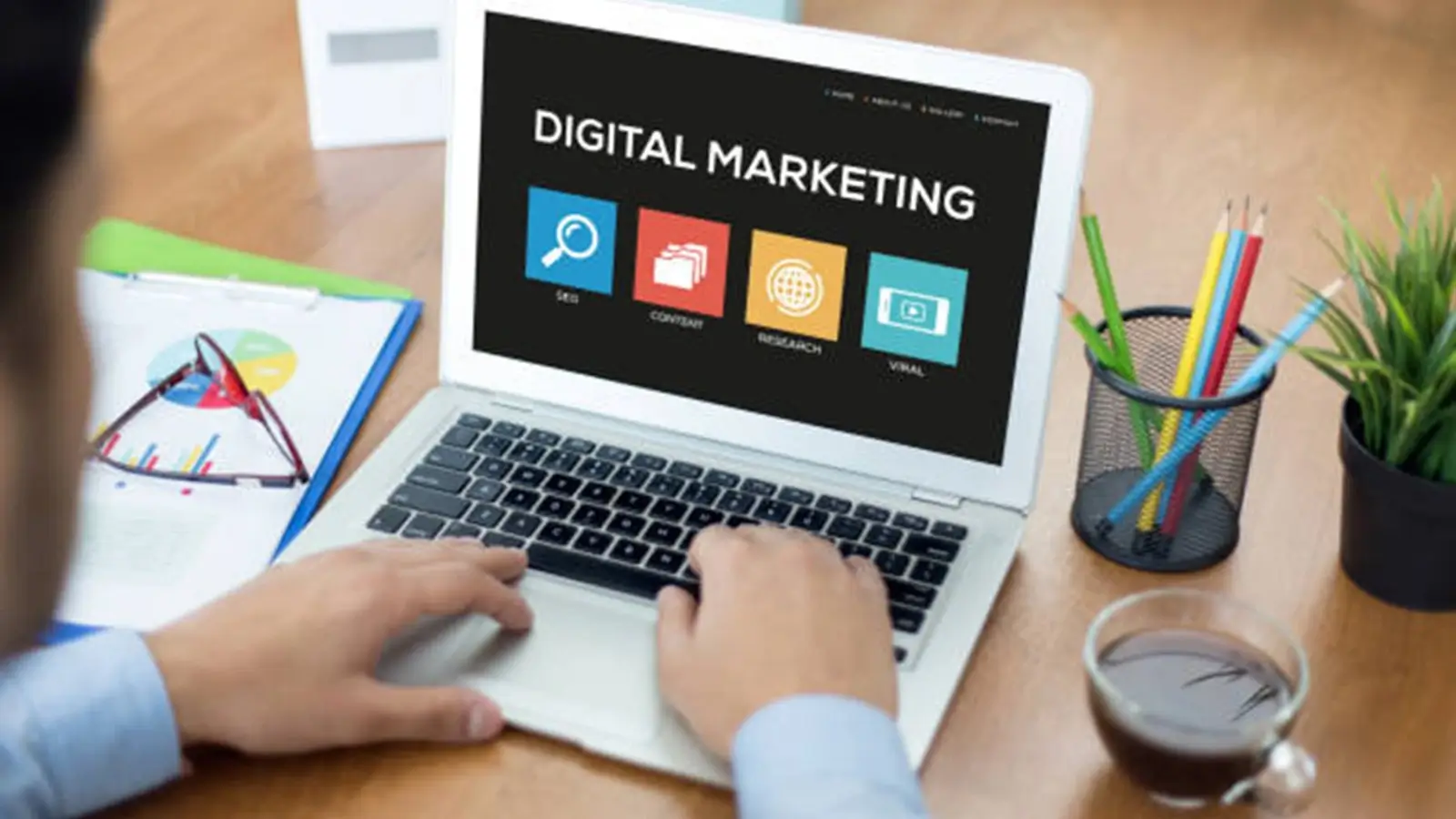


In an era of big business houses and global markets, small businesses are facing considerable pressure in keeping up with competitive visibility and relevance. The traditional marketing methods have become redundant, saturated, and expensive. Online promotional tools have become vital to survival.
Digital marketing helps with precision targeting and helps build customer engagement, loyalty, and a level playing field for all business enterprises. Additionally, the digital space is global and available all the time, offering an infinite opportunity to grow. Most U.S. businesses are categorized as small businesses, which therefore underscores the need for strong digital strategies.
Digital platforms help small firms to scale exposure, manage finances, and respond to market changes. Digital marketing for small businesses helps businesses reach audiences, shape credibility, and grow efficiently. Purchasing decisions of consumers have been shaped by services and products online.
Search engines, social platforms, and review sites play an important role as a primary decision-making mechanism. Increasingly, small businesses are now relying on digital marketing to reach customers, and most have incorporated social media management into their strategy.
Shoppers now research online prior to purchase, and local-intent mobile searches result in in-person visits within 24 hours. These studies go on to highlight the importance of digital marketing for small businesses to attract and retain customers.
A key advantage of digital marketing for small businesses is the ease with which results can be tracked in real time and the cost-effectiveness. It is a critical component for performance evaluation and data-driven decision-making.
Businesses need to understand them to ensure the generation of the highest value for resources invested. Digital campaigns are measured by clicks, conversions, impressions, and engagement. Business owners need to optimize budgets and strategize quickly. Small businesses benefit from high returns with modest investments.
Small businesses use multiple marketing channels for increased visibility. Small-to-medium enterprises allocate budgets across local and digital media, including search engines, social media, and mobile advertisements. It is a clever tactic to increase visibility by increasing brand visibility and engagement, and boosting sales.
Digital tools enable geographic targeting, filtering demographics, and behavioral retargeting. These factors help small firms compete against bigger businesses. Small operators can reach potential customers more effectively with digital marketing for small businesses than via print or conventional advertisements alone.
Additionally, they meet customers on their choice of platform and collect valuable data, as well as diversify sources of revenue.
Digital marketing is flexible. Performance metrics can be used to tweak campaigns and stop or expand promotions. This is an advantageous proposition for small businesses, which often operate on constrained budgets and unstable market conditions.
Consumers have become picky and prefer customization, expecting tailored content, offers, and quick responses. Digital platforms via email, social media, or search ads make it possible for small businesses to communicate quickly and effectively, building trust. With the advent of AI and automation tools, digital marketing for small businesses has witnessed multifold growth.
Digital presence helps small businesses to build credibility through reviews, social proof, and branding. Consumers trust honest feedback and engagement. Active blogs, social content, and review management strengthen reputation and influence bookings. These factors are essential in building strong customer loyalty.
Digital marketing for small businesses helps them build community connections. Local SEO, Google Business Profiles, and neighborhood engagement help small operators reach out to regional visitors and repeat customers, helping build long-term stability not limited by seasonal peaks.
Although the benefits of digital marketing are numerous, it does pose challenges such as budget limitations, rapidly evolving platforms, privacy regulations, and content saturation. Business owners also prefer to market themselves, limiting reach and efficiency.
Business operators should invest time and resources in learning analytics, SEO, social tools, and emerging trends for better adaptability and reach.
Digital marketing for small businesses is no longer optional. Small businesses must invest in digital presence for survival, cost-effective reach, better revenue, and growth potential. Digital strategies help with broader visibility, better engagement, and scalable costs.
With changing consumer behavior and a shifting consumer behavior, small businesses will have to engage digital tools for survival, competition, and growth.